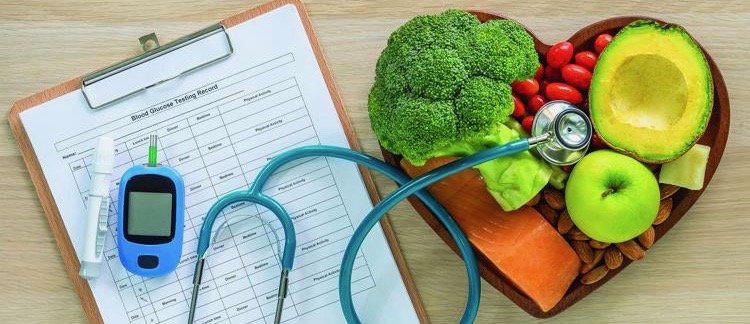
Every month is a good month to focus on our health, but February is the month chosen to focus on two important aspects of our health — wise health care consumerism and heart health.
Americans spend more time researching car purchases and new appliances than they do choosing doctors and health plans, according to the American Institute for Preventive Medicine.
February is National Wise Health-Care Consumer Month. There is no better time to take control of your health by becoming an informed health-care consumer. Use this month to make sure you understand your options, know how to communicate with your care providers and can make educated decisions about your health.
Five tips to help you become a wiser health care consumer
Choose your health-care provider: Take your time choosing the right health-care providers for you and your family. It is important to do the research, ask questions, and establish a primary care provider. Be sure to keep a list of your family’s health-care providers and medications.
Understand your coverage plan: Whether you get your medical insurance coverage through Medicare/Medicaid, your employer or another source, make sure you understand your health-care plan and who is in your network. This will save you time and money in the future.
Get annual screenings and checkups: The most common diseases are preventable. Do not ignore symptoms. Be sure to eat well, move your body and keep up with your yearly checkups, screenings and immunizations.
Prepare for appointments: Before an appointment, write a list of questions you have for your health-care provider and take it with you. Do not hesitate to clarify or ask questions if something is unclear to you. Similarly, bring a list of any medications you take and your dosage.
Ask about generic medications: Generic medications can be more affordable and just as effective. Always consult your medical provider if a generic option is appropriate for you.
The term heart disease refers to several types of heart conditions. The most common type is coronary artery disease which can cause a heart attack. Other types may involve the heart valves or conditions where the heart may not pump efficiently. Some people are born with heart disease.
Anyone can be at risk for heart disease, including children. A waxy substance called plaque builds up on the walls of arteries causing the walls of arteries to narrow, reducing to flow of blood to the heart. This leads to heart attack.
While there are some factors that put you at risk for heart disease like genetics, there are other factors that you can control. Smoking, eating an unhealthy diet and lack of exercise all increase your risk for heart disease. Having high blood pressure, high cholesterol and diabetes also increase your risk. You should work with your doctor to prevent or treat these medical conditions.
Symptoms of heart attack vary depending upon the type of heart disease, but for many chest discomfort is the first sign. Other symptoms may include:
•Chest pain that does not go away after a few minutes.
•Pain or discomfort in the jaw, neck or back.
•Weakness, light-headedness, nausea or a cold sweat.
•Pain or discomfort in the arms and shoulders.
•Shortness of breath.
If you think you or someone you know is having a heart attack, call 9-1-1 immediately.
Find a medical group you trust and where you feel comfortable to establish a wellness file. An annual exam is a great way to prevent disease and illness. Have your physician review a healthy weight range and see if you fall in those parameters. Find out if you have high blood pressure or cholesterol, and if you do, seek effective treatment. Get screened for pre-diabetes, especially if you are overweight.
Practice control of your heart health by following your doctor’s prescription instructions.
By: Cadiz Record
